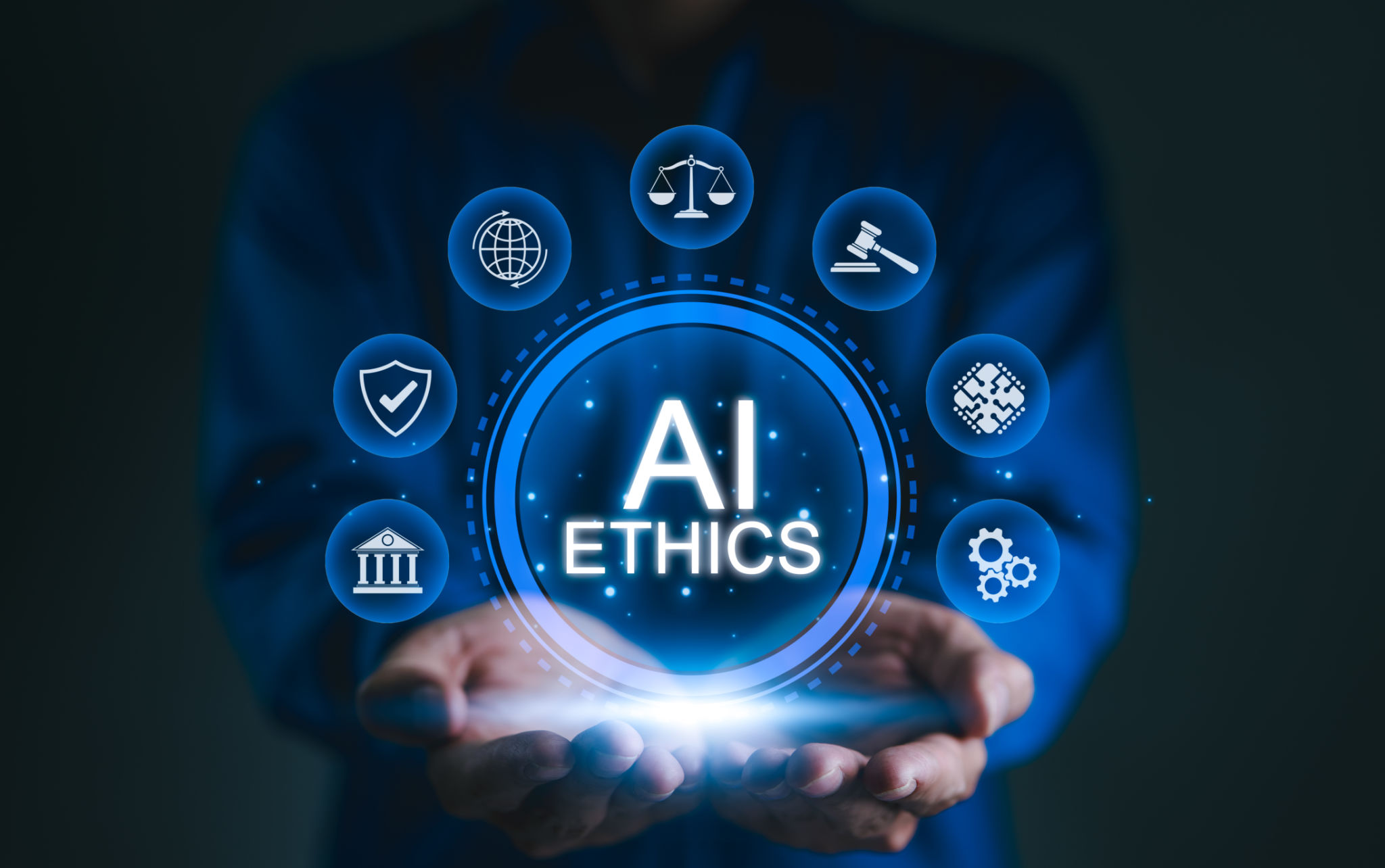Leveraging Artificial Intelligence in Law Practice: A Comprehensive Guide
Introduction to AI in Law
Artificial Intelligence (AI) is revolutionizing various industries, and the legal field is no exception. By leveraging AI, law practices can enhance efficiency, improve accuracy, and offer better client experiences. This comprehensive guide explores how AI is being integrated into legal practices and its potential benefits.

Enhancing Legal Research
One of the most significant applications of AI in law is in legal research. AI-powered tools can quickly sift through vast amounts of legal documents and data to find relevant information. This not only saves time but also ensures that lawyers have access to comprehensive and up-to-date legal resources.
Advanced AI algorithms can analyze legal texts and provide insights that might be missed by human researchers. By using AI for research, law firms can be more thorough and efficient in building cases.
Automating Routine Tasks
AI can automate many routine tasks that consume a significant amount of time for legal professionals. Tasks such as document review, contract analysis, and due diligence can be handled by AI systems with high precision. This automation allows lawyers to focus on more strategic aspects of their cases.

Moreover, AI can help in drafting standardized documents, which speeds up the process of creating contracts and legal papers. Automating these repetitive tasks reduces the risk of human error and increases productivity within the firm.
Improving Client Interaction
AI also plays a vital role in enhancing client interactions. Chatbots and virtual assistants can handle initial client queries, schedule appointments, and provide updates on case status. These tools ensure that clients receive timely responses and remain informed throughout their legal journey.
Furthermore, AI-driven analytics can provide insights into client behavior and preferences, allowing law firms to tailor their services to meet specific needs and improve client satisfaction.

Predictive Analytics in Litigation
Predictive analytics is another area where AI is making a significant impact. By analyzing historical case data, AI systems can predict outcomes of ongoing cases, helping lawyers develop more effective strategies. These predictive capabilities are invaluable in litigation, providing a competitive edge in courtrooms.
- Analyzing case outcomes
- Identifying winning strategies
- Estimating case durations
Ethical Considerations and Challenges
Despite its advantages, the use of AI in law raises ethical considerations. Issues such as data privacy, algorithmic bias, and accountability must be addressed to ensure that AI applications remain fair and unbiased. Law firms must implement robust policies and practices to mitigate these challenges.

Continuous monitoring and evaluation of AI systems are crucial to maintain ethical standards while leveraging the benefits of technology in legal practice.
The Future of AI in Law
The integration of AI in law is still evolving, with ongoing advancements promising even more sophisticated applications. As technology continues to develop, law practices must stay updated with AI trends to remain competitive and provide high-quality services to their clients.
Ultimately, the successful implementation of AI will depend on a balanced approach that combines technological innovation with human expertise.
